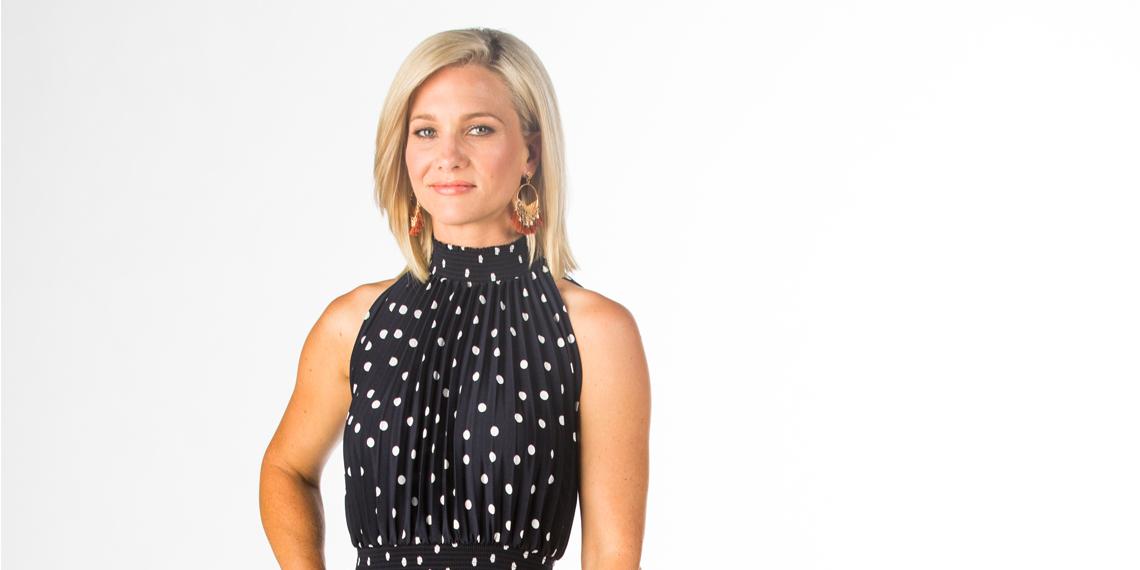Embracing all your flaws

We’re halfway through Dry July—an initiative launched in New Zealand five years ago—where participants go alcohol-free for a month to raise funds for cancer patients and their families.
Dry July has been a huge success since it started—with 23,000 New Zealanders raising $3.2 million for people affected by cancer.
The Salvation Army is the Dry July referral agency—meaning that if people are struggling to get through the month, they’ll be put in touch with our alcohol and other drug addiction service, Bridge. In previous years, there has been a spike in people contacting Bridge, during the three months after Dry July.
What started as a fundraising gimmick, has opened up the conversation about our drinking culture in New Zealand. ‘If I had a drink for every time someone said to me how hard it would be to give up drinking in this country I’d be well on my way to getting legless. It’s true New Zealand is a booze culture—getting plastered is a national hobby,’ says Lotta Dan, a journalist and recovering alcoholic, who runs a website supporting people to get sober. ‘In New Zealand, drinking heavily and handling it is a badge of honour.’
Hayley Holt, TVNZ’s Breakfast presenter and recovering alcoholic agrees: ‘I was proud of the fact that I was a functioning alcoholic, yeah give me the booze!’ she told The Inside Word.
In our culture, we start drinking young—at the time when our brains are evolving to learn social habits. We all remember the awkwardness as a teenager, walking into a party full of people. So we drink to overcome our social anxiety. As our brains develop, alcohol becomes welded with the ability to socialise, keeping us in emotional puberty.
‘I was quite shy and introverted so I used booze to join in,’ reflects Hayley. ‘At first it worked because I got confidence in myself, but pretty quickly it became a problem. I would say some awful things, I would go out and hang out with random people I met in bars.’
Claire Robbie, a journalist who got sober and now runs ‘No Beers? Who Cares’, adds that dangerous behaviour is often laughed off. ‘We laugh about these things that could have potentially hurt you or killed you, and it’s normalised,’ she says.
One of the keys to gaining freedom from alcohol dependency is learning to embrace that ‘awkward feeling’, she adds. ‘Notice how you’re feeling and learn to be okay with how awkward you feel because everyone feels that … most importantly, it’s a practise thing.’
Hayley says her first year of sobriety was ‘really, really hard’ because she had to face her own selfconsciousness, but ‘freedom looks like embracing all of your flaws and realising that everyone is selfconscious.’
Ultimately, life without alcohol has become much more colourful, sums up Claire. ‘You feel a lot more, life becomes a lot more hyper-coloured … there is happiness and joy in that stability,’ she says. For the full interview, go to The Inside Word at TVNZ On Demand.
If you’re struggling with Dry July, contact www.salvationarmy.org.nz/bridge
by Ingrid Barratt (c) 'War Cry' magazine, 14 July 2018, p3 - You can read 'War Cry' at your nearest Salvation Army church or centre, or subscribe through Salvationist Resources.
